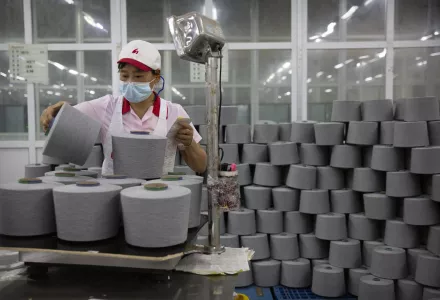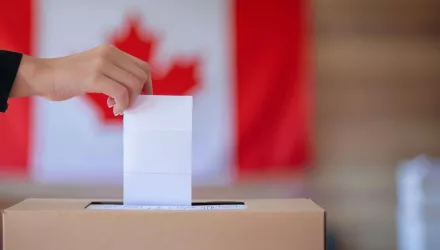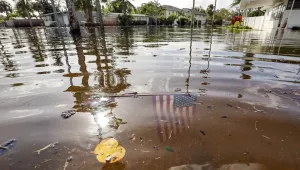
U.S. Enforcement Efforts
Executive Summary
In recent years, the U.S. government has accelerated its efforts to eradicate forced labor from global supply chains. Those efforts have been led primarily by U.S. Customs and Border Protection (CBP), which has been actively enforcing a long-standing statutory prohibition on the importation of goods made with forced labor, bolstered by recent legislation that has provided it with more substantial regulatory authority. CBP’s evolving enforcement regime suffers, however, from certain shortcomings, including a lack of adequate incentives and legal protections for importers and their suppliers to work collaboratively with the government to craft remediation programs that address the root causes of forced labor.
This paper outlines several recommendations for enhancing the effectiveness of U.S. Government efforts to counter forced labor in global supply chains. First, CBP should enhance the transparency of its forced labor investigative and enforcement activities to better enable the private sector to direct resources to due diligence and remediation. Second, CBP should develop a voluntary disclosure regime with meaningful incentives for importers to report potential issues in their supply chains and undertake proactive corrective action. Finally, the U.S. Government should establish channels for regular communication and information-sharing with foreign governments concerning forced labor enforcement efforts. These recommendations are geared to promote the development of a cross-border, public-private regulatory and enforcement framework within which companies can build more ethical and resilient supply chains.
Bishop, Sarah, Tom Plotkin and Emanuel Ghebregergis. “Combatting Forced Labor in Global Supply Chains.” Belfer Center for Science and International Affairs, Harvard Kennedy School, January 2023



